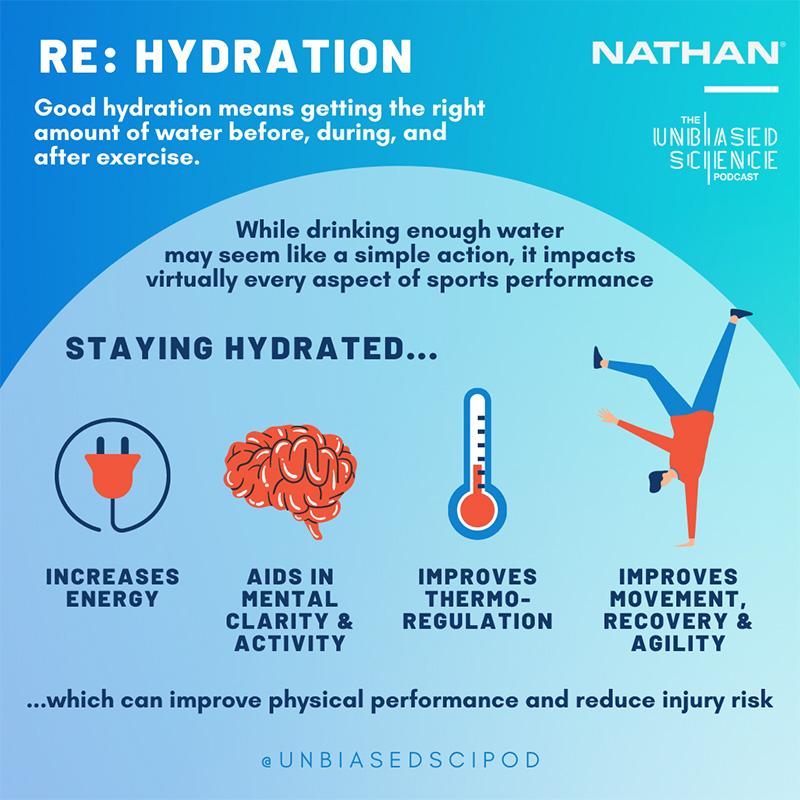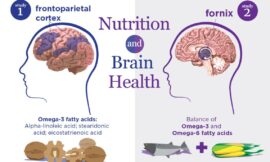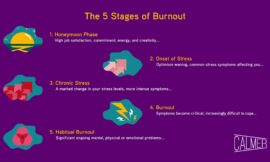in the intricate dance of daily life,where our minds race and bodies strive,hydration often plays the silent yet starring role. Water, the elixir of life, flows through us in ways both visible and unseen, underpinning every step we take and every thought we conjure. yet amid the hustle, its profound impact on our physical stamina and mental clarity can easily be overlooked. This article dives into the essential connection between hydration and human performance, unraveling how something as simple as drinking enough water can unlock greater strength, sharper focus, and an overall enhanced sense of well-being. Whether you’re an athlete chasing peak endurance or a professional seeking mental edge, understanding hydration’s pivotal role could be the key to unlocking your full potential.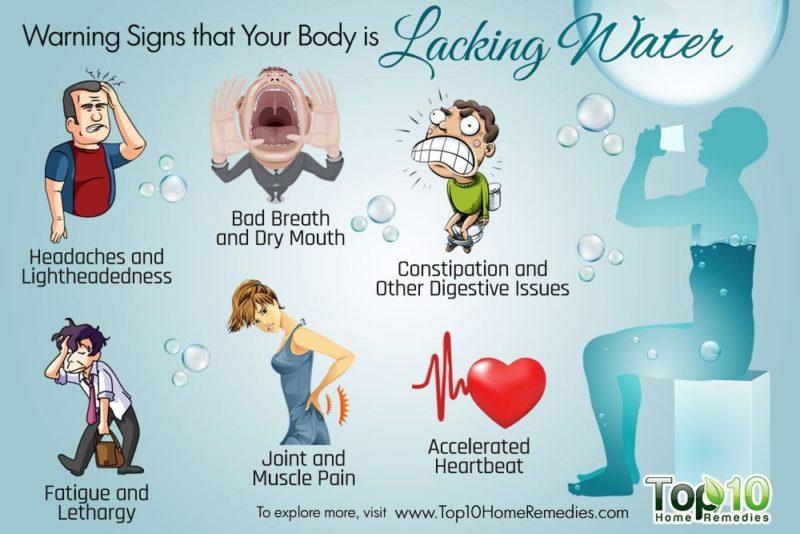
The Science Behind Hydration and Brain Function
Water is an essential component of the brain’s intricate machinery, accounting for approximately 75% of its total weight. When hydration levels drop, even mildly, cognitive functions such as memory, attention span, and problem-solving can be impaired. This is because adequate hydration ensures that the brain maintains optimal neural dialog and supports the flow of nutrients and oxygen to its cells. Dehydration triggers changes in brain structure, notably in the areas responsible for executive function and mood regulation, which can led to decreased mental clarity and increased feelings of fatigue.
Several physiological mechanisms underline the connection between hydration and brain efficiency:
- neurotransmitter synthesis: Hydration facilitates the production and release of neurotransmitters, the chemical messengers that enable neurons to communicate.
- Cerebral blood flow: Proper water balance helps maintain blood volume and pressure, ensuring sufficient oxygen supply to the brain.
- Brain cell volume: Hydration maintains the optimal size and function of brain cells, crucial for maintaining synaptic plasticity.
| Hydration level | cognitive Impact | Brain Region Affected |
|---|---|---|
| Normal | optimal function | Prefrontal cortex |
| 1-2% Dehydrated | Reduced attention & mood | Hippocampus |
| 3-4% Dehydrated | Impaired memory & concentration | Cerebellum |
For a deeper dive into the science of hydration and brain function, reputable institutions like National Institute of Neurological Disorders and Stroke and national Institute on Aging provide extensive research and resources. Staying well-hydrated is a simple, yet powerful strategy to maintain cognitive vitality and overall brain health.
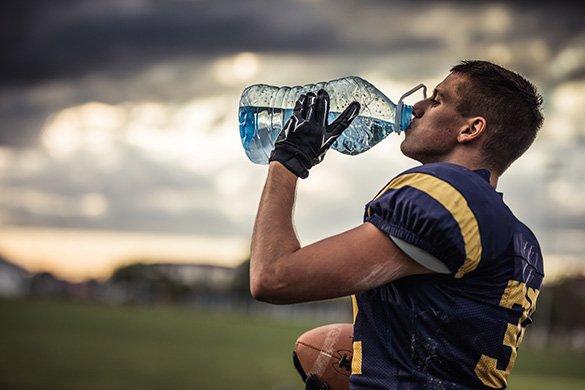
How Water Intake Influences Athletic Endurance and Recovery
Proper hydration is a cornerstone of maintaining optimal athletic endurance. Water acts as a vital conductor for nutrients and oxygen to reach muscle tissues, allowing sustained physical output and delaying the onset of fatigue. When the body is dehydrated, the heart works harder to pump blood, leading to reduced efficiency and quicker exhaustion. Athletes who maintain consistent water intake experience enhanced stamina,improved thermoregulation,and better muscle function—key elements for pushing through intense training sessions or prolonged competitions.According to the National Institutes of Health, even mild dehydration of 2% body weight can negatively affect physical performance.
Recovery is equally impacted by hydration status, as water helps regulate inflammation and flush out metabolic waste products generated during exercise. Optimal rehydration supports faster repair of muscle fibers and reduces soreness, facilitating a quicker return to peak performance. Some benefits of diligent water consumption during recovery include:
- Improved nutrient absorption
- Enhanced joint lubrication
- Balanced electrolyte levels
- Reduced delayed onset muscle soreness (DOMS)
Consider the following simplified hydration guidelines for recovery:
| Recovery Phase | water Intake | Additional Tips |
|---|---|---|
| Immediate (0-30 min) | 16-24 oz | Include electrolytes |
| Early (30 min-2 hrs) | 8-16 oz | Light snacks, protein-rich food |
| Late (2+ hrs) | Regular hydration | Balanced meals and fluids |
For more comprehensive insights on hydration’s integral role in sports science, resources such as the Gatorade Sports Science Institute offer extensive research and practical advice for athletes at any level.
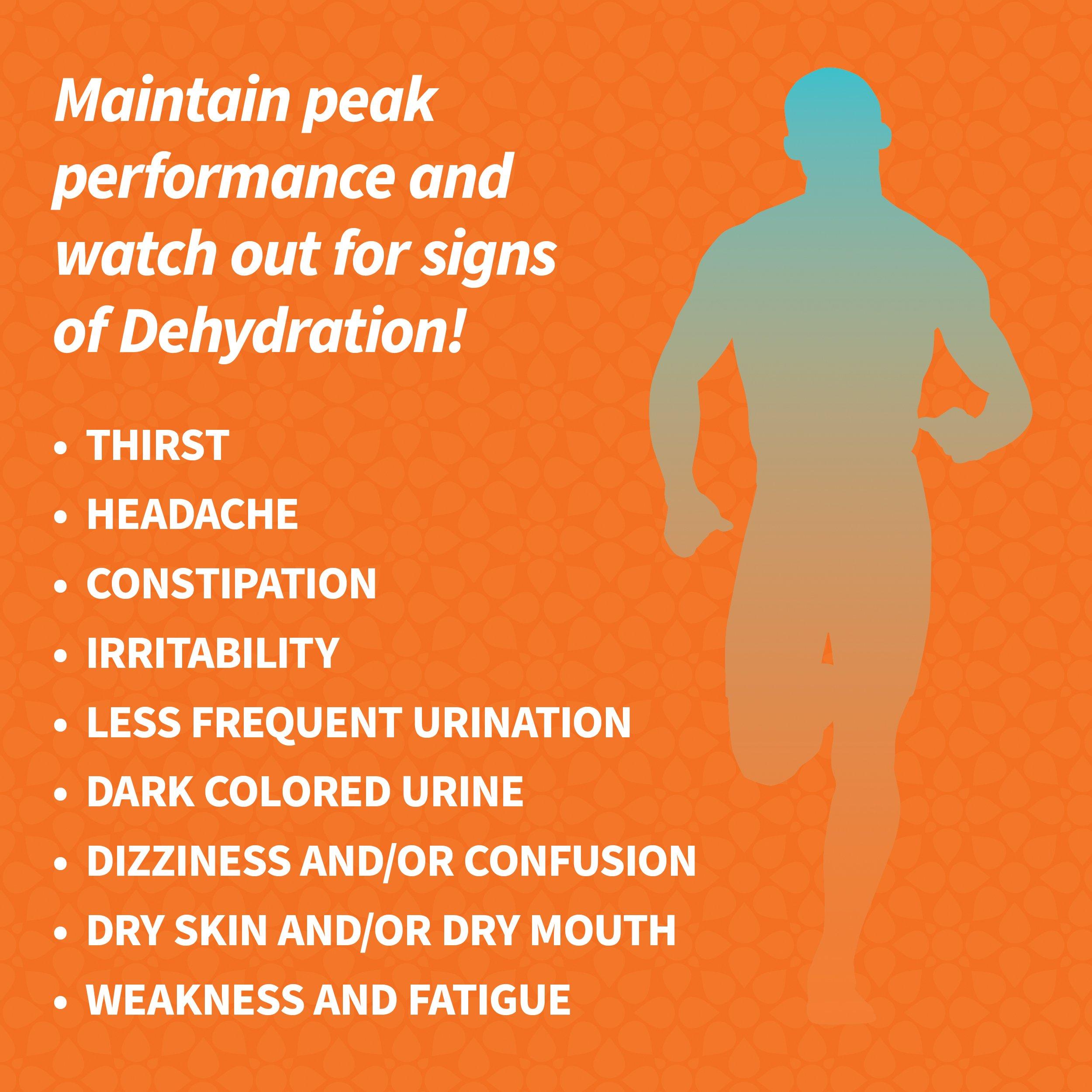
Recognizing Signs of Dehydration for Optimal Performance
Dehydration can subtly undermine your physical and cognitive abilities long before you feel extremely thirsty. key indicators include dry mouth, dark urine, and an early sensation of fatigue. Ignoring these signals can lead to reduced muscle endurance, impaired focus, and slower reaction times.Recognizing these early symptoms empowers you to take timely action, ensuring your body remains primed for peak performance.
Keep an eye out for these common signs, which often serve as nature’s warning system:
- Headaches or dizziness — a result of lowered blood volume affecting brain function.
- Rapid heartbeat and increased breathing rate — your body’s effort to maintain oxygen delivery.
- Muscle cramps or stiffness — signaling electrolyte imbalance from fluid loss.
- Reduced concentration and memory lapses — cognitive decline linked to insufficient hydration.
| Symptom | Physical Impact | Cognitive Impact |
|---|---|---|
| Dry Mouth | Impaired speech, swallowing | Distraction |
| Dizziness | Balance issues | Reduced alertness |
| fatigue | Lowered stamina | Slower thinking |
For more detailed guidance on recognizing and preventing dehydration, check out resources at the Centers for Disease Control and Prevention (CDC) and the Mayo Clinic. Staying aware and proactive is key to maintaining both your body’s vigor and mental clarity.
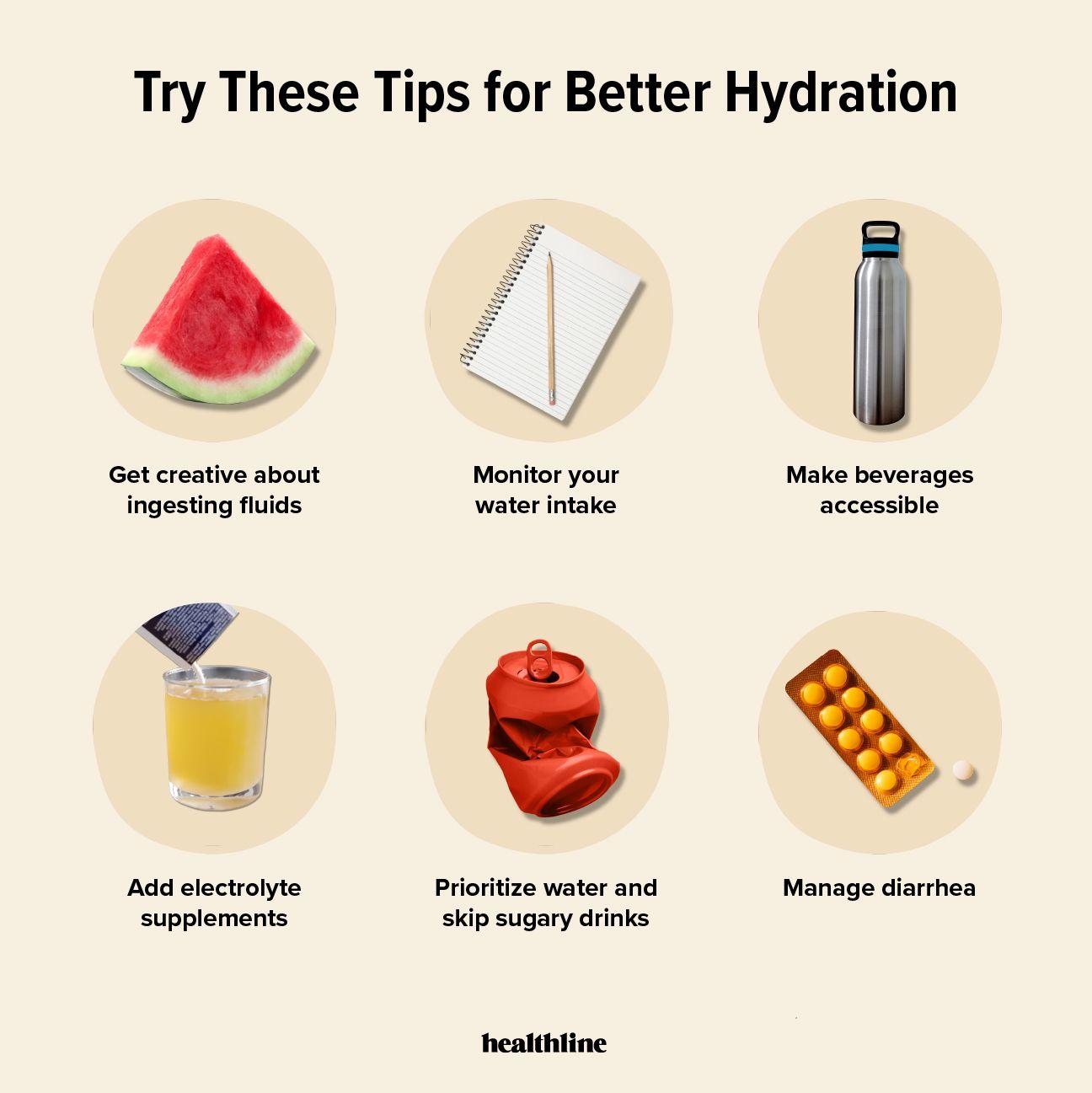
Practical Hydration Strategies Tailored to Your Daily Routine
maximizing hydration isn’t a one-size-fits-all approach; it requires tuning into your unique daily rhythm. Start by evaluating your schedule—whether you are desk-bound, on the move, or engaged in strenuous workouts, each demands different fluid strategies. For office workers, keeping a water bottle visible and setting gentle reminders can effortlessly increase intake. Active individuals should pre-load with fluids before activity and replenish steadily afterward. Incorporate hydrating foods like cucumbers, oranges, and watermelon into your meals to complement your liquid intake without overwhelming your digestive system.
Simple yet effective practices for sustained hydration:
- Schedule water breaks aligned with natural pauses (meetings, commute stops).
- Pair hydration with routine activities, such as drinking a glass after every bathroom break.
- Swap sugary drinks for infused water with lemon, mint, or berries to boost flavor and encourage consistency.
| Time of Day | Hydration Tip | Ideal Beverage |
|---|---|---|
| Morning | Start with a glass of water to jumpstart metabolism | Room temperature water |
| Afternoon | Use a mid-afternoon break for a hydrating snack | Coconut water or herbal tea |
| Evening | hydrate gradually to avoid sleep disruption | warm water or chamomile tea |
For scientifically-backed personalized hydration plans, consult resources like CDC Nutrition or the National Heart, Lung, and Blood Institute. Integrating these small, purposeful steps aligned with your lifestyle can elevate both your physical endurance and cognitive clarity throughout the day.
In Summary
In the intricate dance of body and mind, water plays the silent but vital partner. Staying hydrated isn’t just about quenching thirst—it’s about fueling your muscles, sharpening your focus, and maintaining the delicate balance that keeps you performing at your best. As we navigate the ebb and flow of daily challenges, remember that every sip is a step toward unlocking your full physical and cognitive potential. So,let hydration be more than a habit—let it be the foundation upon which your strength and clarity stand.


